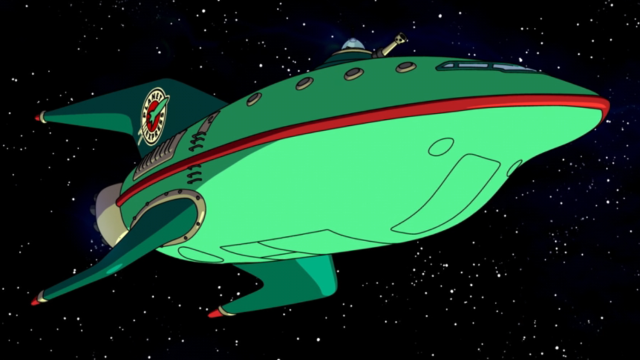Australia’s space sector is in its infancy. Only five years ago, the Australian Space Agency was born, and although there are Aussie companies working on space tech, it’s still a developing industry. Amid that development, though, there are plenty of companies doing really interesting things – case in point, Space Machines Company, which wants to offer “roadside assistance of space”, a tagline proudly presented on its website.
Space Machines Company was founded back in 2020, and over the years, it has partnered with the likes of the CSIRO, Optus, and SpaceX to get its product in order, though it has mostly attracted private funding so far. The product it’s planning to offer is fairly unique: it wants to offer satellites that can readily repair other satellites in-orbit, without the need for a human to be physically present for the bulk of the cases.
It’s quite a novel idea; as space becomes more embraced as a sector, we’re going to need to be able to repair the tech that we have in orbit.
“In space, there isn’t such a thing [as roadside assistance],” Space Machines Company mission manager Paul Hilton told Gizmodo Australia. “Two spacecraft are never really brought together anymore… So if your spacecraft is in orbit and it malfunctions, unless you’ve got on-board sensors to try and figure it out, but you can’t see it, you can’t look at it, you can’t touch it, there’s nothing you can do. So we’re looking to build an infrastructure in space where we can do exactly that.”
Space Machines Company is still building its first repair satellite, and the eventual finished product is expected to be fitted with robotic arms, thrusters, docking mechanisms, and artificial intelligence so that it can identify issues with the tech it’s working on. The artificial intelligence element is nothing short of essential: with these satellites zooming around the Earth at high speed, dropping in and out of signal range constantly, it’s important that the machines can operate independently of human control.
“To start off, the easier, but not easy thing is going to be inspection. So, if something’s gone wrong with your satellite, we can go and take a look, and take some photos, and try and figure out what’s going wrong. Maybe a solar panel hasn’t deployed or some actuator hasn’t moved,” added Hilton.

Hilton envisions a model for Space Machines Company similar to the NRMA, where, for example, you pay a membership annually, and although you may never need them, you know that you can rely on them (although he stressed that this model isn’t the product currently being pushed – right now it’s more about the tech itself).
During the opening of AI and robotics company Advanced Navigation’s new facility at the UTS Tech Lab in Botany, Space Machines Company (which operates within the same complex, as well as a testing site in South Australia and India) was demonstrating its new satellite – one that it plans to send into orbit, and is currently conducting tests with. Advanced Navigation is also an Australian company with heaps of cool tech in the works (such as AI navigation in GPS-denied areas), and we’ve written about them at length.

“There is a critical need to improve Australia’s economic complexity and sovereign capabilities. A key step is to build our industrial capacity in high-tech, as well as drive knowledge exchange and propel collaborative initiatives between government agencies, academic institutions and industry leaders,” Advanced Navigation CEO and co-founder Xavier Orr said.
And Space Machines Company was definitely happy to be at the event, at least for the purpose of being a part of Australia’s burgeoning space industry.
“We have a space industry, but the infrastructure is just not there,” Hilton said.
“We’re still in the very early stages. We have to rely on overseas companies for some of their components; we have to rely on overseas for launch… Finding local talent to help us build things is quite a challenge at the moment.”
In the future, Hilton expects the company to start attracting government and defence contracts (which is fairly common for space companies), but it’s still early days. There is certainly lots of money flowing through the local space industry if we cast our mind back to the 2023-2024 Federal Budget.
For now, though, Space Machines Company is expecting to develop its space roadside assistance technology through three phases of tests; the first to get the orbital movement right, the second to get the movement close enough to satellites to work effectively, and the third to get the robotic arms working right.
I can’t help but wonder: what would the waiting line jingle be for a space roadside assistance company?
In any case, I did ask Hilton one light question: if he was playing Starfield. He enthusiastically shared that he was playing as an explorer, though he hadn’t had much time to play it, being so busy working on actual spacecraft. Subtle flex.
This concept rocks, and with hundreds of millions of dollars worth of tech flying around in Earth’s orbit, Space Machines Company may have figured out a way to fit itself into the puzzle.
Image: Space Machines Company.
